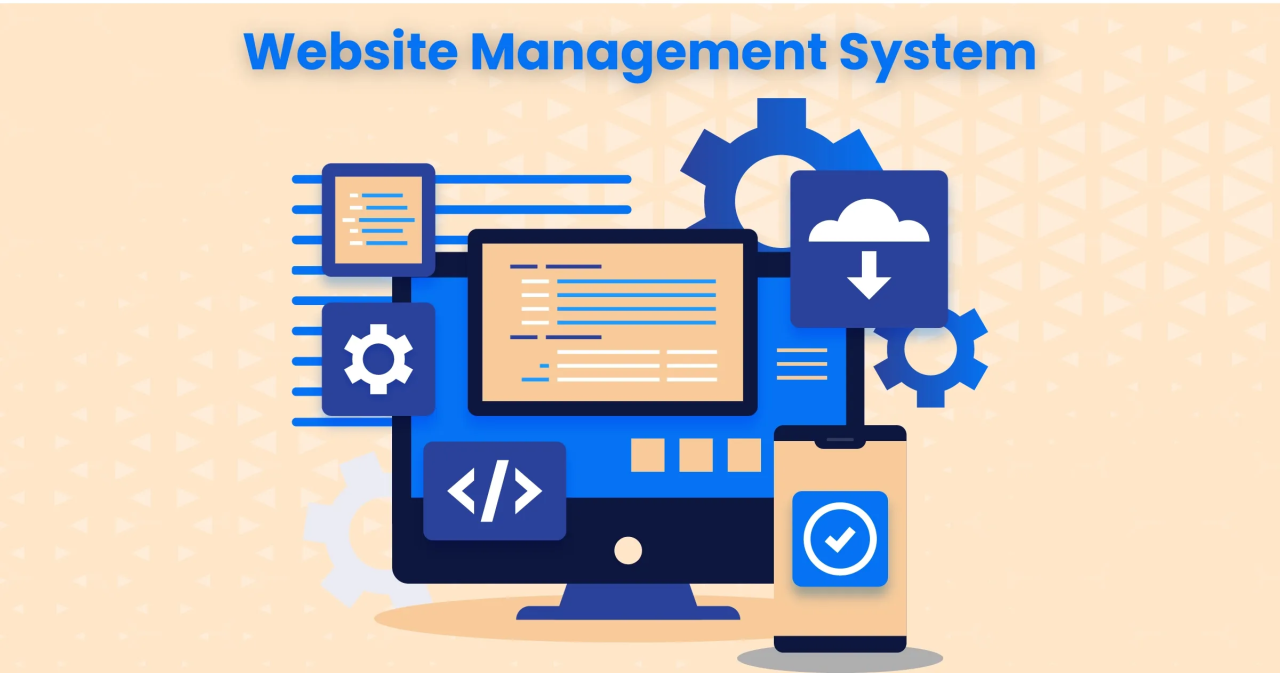Website management involves the ongoing maintenance, optimization, and administration of a website to ensure its smooth operation and effectiveness in achieving its intended goals. It encompasses various tasks and responsibilities aimed at enhancing the user experience, improving performance, and keeping the website up-to-date with the latest content and technologies.

Here's a breakdown of key aspects of website management:
1. Content Management: This involves creating, updating, and organizing the content on the website to ensure it remains relevant, accurate, and engaging for visitors. Content management systems (CMS) like WordPress, Joomla, or Drupal are often used to facilitate easy content updates and publishing.
2. Design and User Experience (UX): Website managers need to ensure that the website design is visually appealing, user-friendly, and optimized for different devices and screen sizes. They may conduct user testing, analyze website analytics, and make design improvements to enhance the overall user experience.
3. Technical Maintenance: Regular technical maintenance is essential to keep the website running smoothly and securely. This includes tasks such as updating software and plugins, fixing broken links, optimizing page speed, and implementing security measures to protect against cyber threats.
4. Search Engine Optimization (SEO): Website managers often focus on optimizing the website for search engines to improve its visibility and rankings in search results. This involves keyword research, on-page optimization, link building, and monitoring SEO performance metrics.

5. Analytics and Performance Tracking: Monitoring website analytics is crucial for understanding visitor behaviour, identifying areas for improvement, and measuring the effectiveness of marketing efforts. Website managers use tools like Google Analytics to track metrics such as traffic sources, user demographics, and conversion rates.
6. Security and Backup: Protecting the website from security threats such as malware, hacking attempts, and data breaches is paramount. Website managers implement security measures such as firewalls, SSL certificates, and regular backups to safeguard the website and its data.
7. Compliance and Legal Considerations: Website managers need to ensure that the website complies with relevant laws and regulations, such as data protection laws (e.g., GDPR), accessibility standards (e.g., WCAG), and copyright laws. Failure to comply with these regulations can lead to legal issues and penalties.
8. Communication and Stakeholder Management: Effective communication with stakeholders, including clients, team members, and external vendors, is essential for successful website management. This involves setting clear expectations, providing regular updates on website performance, and addressing any concerns or feedback in a timely manner.
Overall, effective website management requires a combination of technical expertise, creative skills, and attention to detail to ensure that the website remains an effective tool for achieving business objectives. By staying proactive and continuously improving the website, managers can maximize its impact and value to both users and stakeholders. Read more... for other Topics